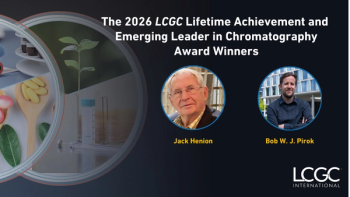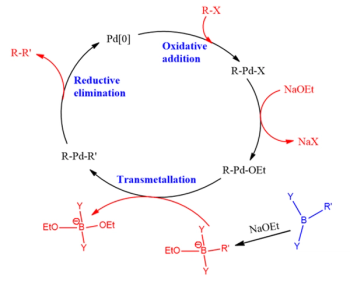
Richard M. Crooks Wins 2022 EAS Award for Outstanding Achievements in the Fields of Analytical Chemistry
Richard M. Crooks, of the University of Texas (Austin, Texas), will receive the 2022 Eastern Analytical Symposium (EAS) Award for Outstanding Achievements in the Fields of Analytical Chemistry on Monday, November 14, in an award session at EAS in Plainsboro, New Jersey.
Richard M. Crooks, of the University of Texas (Austin, Texas), will receive the 2022 Eastern Analytical Symposium (EAS) Award for Outstanding Achievements in the Fields of Analytical Chemistry on Monday, November 14, in an award session at EAS in Plainsboro, New Jersey.
Crooks’s doctoral studies with Prof. Allen J. Bard at The University of Texas in Austin focused on the examination of electrochemical processes in supercritical fluids. From 1987 to 1989, Crooks studied chemical sensors on Prof. Mark S. Wrighton’s group at the Massachusetts Institute of Technology (MIT). In 1989, he worked as an assistant professor of chemistry at the University of New Mexico and from there moved to Texas A&M University in 1993. In 2005, Crooks returned to the University of Texas, where he is the Robert A. Welch Chair in Materials Chemistry.
Crooks’s interests include the synthesis, characterization, and electrocatalytic properties of nanoparticles, microelectrochemical sensors, and bioelectrochemistry. He has published roughly 330 peer-reviewed research papers and is the recipient of many awards, including the Carl Wagner Memorial Award of the Electrochemical Society, the American Chemical Society Electrochemistry Award, the Society for Electroanalytical Chemistry C. N. Reilley Award, the Pittsburgh Award in Analytical Chemistry, and the Faraday Medal of the Royal Society of Chemistry.
Crooks is a co-founder of the start-up company, Galvanyx, LLC, which seeks to commercialize a sensor technology that emerged from his laboratory. He also founded the Gordon Research Conferences Graduate Research Seminars, now benefiting thousands of graduate students every year.
Each year, the Eastern Analytical Symposium honors analytical chemists who have distinguished career achievements. The recipients of these awards advanced these fields by superior work in developing theory, techniques, or instrumentation.
Newsletter
Join the global community of analytical scientists who trust LCGC for insights on the latest techniques, trends, and expert solutions in chromatography.




